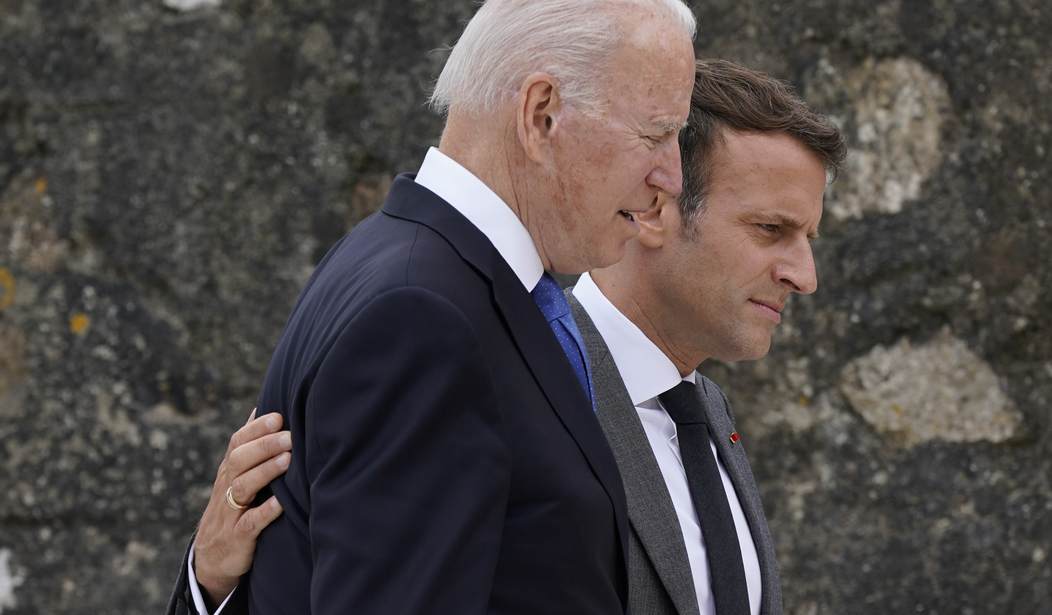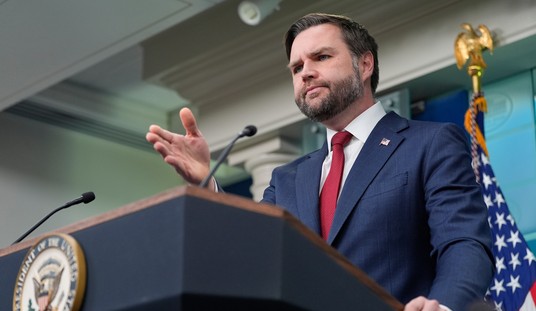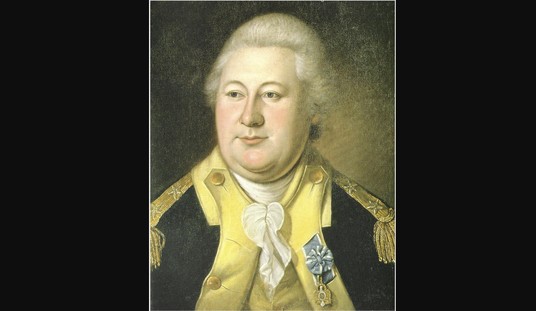Europe has a long, illustrious history of appeasing tyrants and dictators, so it’s hardly a surprise that representatives of G-7 countries would shy away from taking a tough stand against China’s forced labor practices and other human rights abuses.
European leaders tiptoed around the issue and reportedly are having a hard time agreeing on Goldilocks language to criticize Beijing–not too tough, not too soft, but just right.
Leading the retreat are the French and Germans, who see no purpose in getting caught between the global ambitions of the U.S. and China.
During Saturday’s 90-minute closed-door session, leaders disagreed over how to take forward their varying levels of concern about Beijing, officials said. British Prime Minister Boris Johnson suggested creating a formal task force on China. However, some leaders questioned what the task force would achieve.
While all of the G-7 members harbor worries about China, their concerns aren’t uniform, officials said. German Chancellor Angela Merkel is among the European Union leaders pushing for a more positive approach to be taken toward China. Mr. Biden, Mr. Johnson and Canadian Prime Minister Justin Trudeau called on the G-7 leaders to confront China about human-rights abuses, according to one official. The Japanese government also wants a more hard-line stance to be taken against Beijing.
Prime Minister Johnson played his part perfectly; when in doubt, form a committee. Johnson may want a more aggressive stance by the capitalists against China, but they all have a lot to lose and no one wants to buy the rope to hang themselves quite yet.
A statement naming China specifically as a human rights abuser is expected to be so watered down as to be useless.
White House officials late Saturday said they were optimistic that world leaders would reach agreement on a communiqué that calls out human rights abuses, addresses global supply-chain problems and responds to nonmarket economic practices that the countries find objectionable. It isn’t yet clear how aggressive the language will be regarding China, or whether the country will be mentioned by name in the document.
The U.S. and UK have both called out China for committing genocide against the Uighurs and using forced labor practices that benefit many large corporations. But all the White House could muster is a vague reference to “nonmarket policies and human rights abuses.” If it’s forced labor, why call it “nonmarket policies”?
They will probably follow up the statement with the ubiquitous “strongly worded letter” to Beijing. That’ll show ’em.
German Chancellor Angela Merkel wants to try the carrot approach to China, looking for issues they would be willing to cooperate on. To varying degrees, other EU partners want the same. Japan agrees with the U.S. that China should be confronted but obviously can’t go it alone. The Japanese still see Beijing as an enemy, and relations have gotten even tenser in recent years as China asserts itself on the world stage.
Related: China Looking to Redefine Human Rights in Its Own Image
The U.S. had the same problem with its European allies during the Cold War, so it’s not surprising they don’t want to confront China. But if the Cold War should have taught them anything, it’s the value of calling out an enemy for its human rights abuses.










Join the conversation as a VIP Member